Slievemore's deserted stone village
Achill's most recently abandoned village dates back to to the Age of Enlightenment.
This deserted settlement is thought to have been first occupied in the 1700s, and consists of about a mile’s worth of abandoned stone cottages on the southern slopes of Slievemore mountain in Achill.
The stone cottages (or what’s left of them) stand in an idyllic and beautiful setting at the base of the highest peak in Achill. The village was one of the longest running booley villages - which meant that while it’s certain that some lived in the cottages all year, the village truly thrived in the summer months.
Booleying was the practice of living in different locations depending on the season and was done primarily so that cattle could remain in grassy areas all year round. Slievemore was a good location in the spring and summer months and the settlement contains the remnants of 80-100 cottages and farms, making it rather large in size. These cottages are not the summer homes we think of in modern times however, and most had only one room that housed bed, bath, kitchen and livestock for the families who lived there.
The practice of booleying remained in Achill long after the rest of Ireland had become more permanently settled. This kept the village going well into an Gorta Mór, Ireland’s Great Hunger. In 1850, after the peak of the Irish famine, the entire village was abandoned due to rent increases, impoverished and unproductive land, and emigration. Those that remained in Achill moved closer to the coast in order to hunt the waters for seafood or claim grants for fishing boats and those who had left the area did not return. Gradually, the cottages gave way to the elements and though it is thought that some were still seasonally occupied through the 1940s, few intact cottages remain. They stand in mute testimony to how hard this part of Ireland was hit by the Great Famine and by the exodus of its citizens that followed.


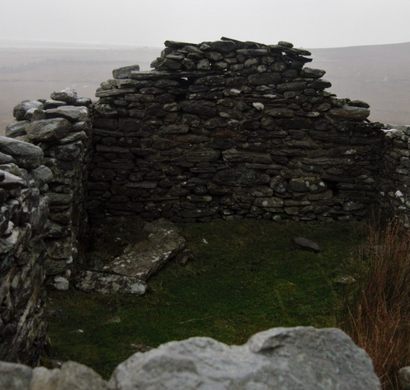

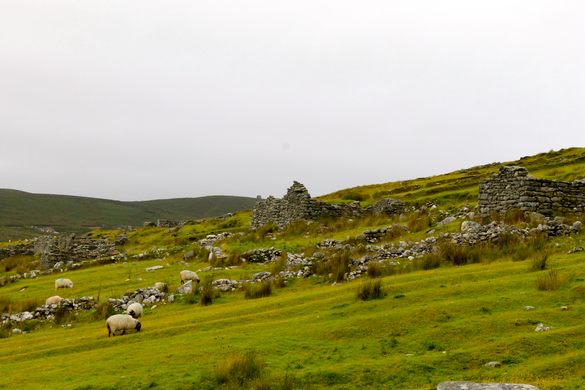

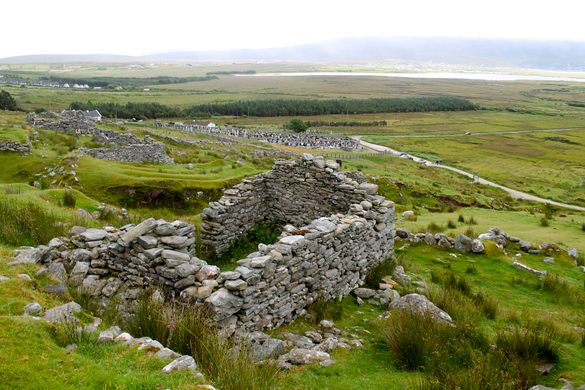







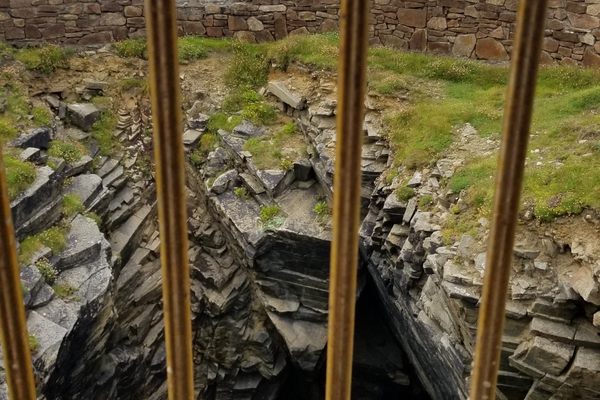
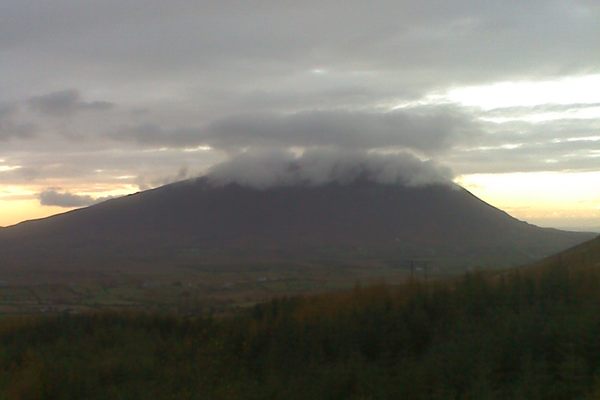



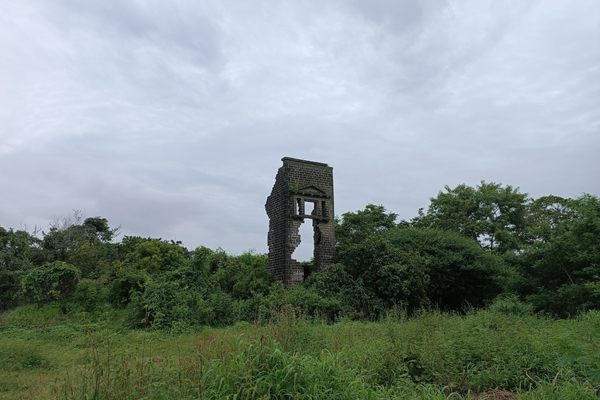

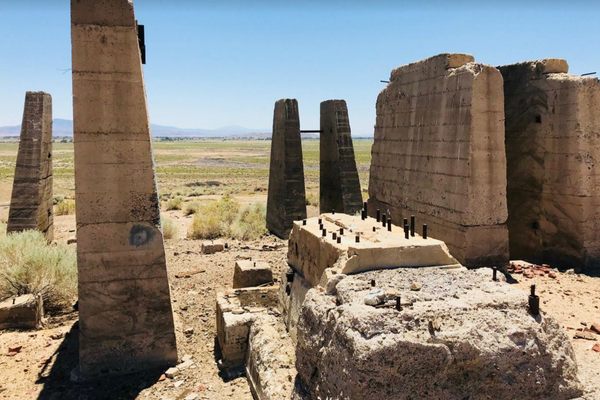

Follow us on Twitter to get the latest on the world's hidden wonders.
Like us on Facebook to get the latest on the world's hidden wonders.
Follow us on Twitter Like us on Facebook